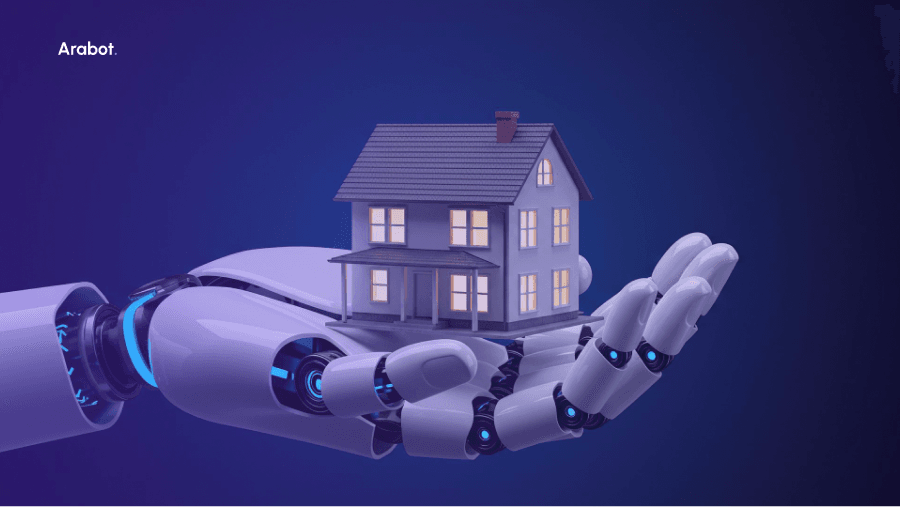Tech
The Science of AI: Why Chatbots Will Never Replace Human Workers

You likely have heard of the countless benefits of chatbots for customer service. Today, the chatbot adoption rate is on the rise. These digital assistants can be there for your customers whenever they need help in real-time.
Not just that, chatbots have proved to be useful to both small businesses and enterprises as they provide proactive customer interaction regarding any issue, any time of the day even for those with limited manpower and similarly, they can collect feedback through simple questions and help you make improvements on your services/products.
Customer service agents spend all day answering repetitive questions, which will quickly make them lose their motivation. What if you could automate these tedious and uninspiring tasks? Chatbots do just that, helping your team focus on more complex cases and scenarios that really need that human touch. This has been proven to improve workflows and productivity.
With the ongoing COVID-19 pandemic, chatbots are needed now more than ever. Due to social distancing and working from home restrictions, businesses are grappling to provide better customer support and keep up business continuity. This is why many business owners worldwide are deploying AI-based chatbots to improve the overall operational agility of their organisations, modernize customer communication and empower employees to deliver better performance.
Now with chatbots witnessing a wide adoption, you might wonder if you really need your human customer service teams.
Even though chatbots are, without a doubt, part of the customer service future and have been designed to work in tandem with human workers to perform their job better, humans are still essential for their operation. In order to work, AI-powered bots need to be set up and managed by humans who ensure they function properly.
According to a study of 6,200 customers of financial services companies published in INFORMS PubsOnline, making chatbot identity known before the machine–customer conversation reduces purchase rates by more than 79.7%. In addition, the study also found out that when customers know that they are not talking to a human, they tend to be rudely brief in their replies and purchase less because they believe that the disclosed bot is less knowledgeable and less empathetic.
Will chatbots fail to delight?
In the "2019 CGS Customer Service Chatbots & Channels Survey," where more than 1,000 U.S. consumers have been surveyed, 86% of consumers indicated that they prefer to interact with a human agent over an AI-based system; 71% said they would be less likely to use a brand if it did not have human customer service representatives available; only 31% believe that chatbots and virtual assistants make it easier to resolve customer service issues.
But what happens if there are questions that cannot be answered by chatbots? The answer is simple! They are forwarded to human operators. This is why chatbot are not meant to replace humans but rather assist them. No matter how complex bots become, humans will always be better at understanding emotions. Despite the popularity that chatbots have, bots are not able to replicate a human conversation in a fully natural way yet.
Indeed, it has been proven that the architecture of chatbots is limited. Traditionally, AI has struggled to meet the expectations of customers and businesses alike. When this new technology emerged, many people overestimated how smart AI would be. This has caused the chatbot hype to fall short when customers were faced with confused chatbot error messages instead of “intelligent conversations”.
Generally, chatbots struggle to understand the true intentions of the customer since they answer based on patterns and keywords on their database, making humans a much better choice for customers' inquiries. So if this new technology fails to understand simple customer inquiries, how can it possibly strive to create an emotional connection. A sort of “conversation” with their audience that will ultimately lead to the sale of the brand’s product?
Still a place for this new technology
This is where the human factor comes into play; providing an efficiency that cannot be matched by automated chatbots because of the ability to personalize the conversation and understand the context better. Deploying chatbots as a standalone service option is one of the biggest mistakes a business can make. A chatbot used instead of a human agent will fall short as it cannot take on the challenges that a human agent can.
In addition, there are cases where a personal, human touch is irreplaceable, so human workers will never be replaced. Unlike chatbots, humans can be compassionate towards frustrated and angry customers and offer them some reassurance.
So, no, chatbots will not replace your job. They are by no means going to take over all customer support needs. But if you want to run a successful business, it is very critical to combine AI technology and a human touch to deliver seamless customer support. All in all, a hybrid model is the best solution. All that chatbots need is a little bit of human support.
If you want to build a chatbot for your enterprise, then talk to our experts.
© 2016 - 2026 copyright Arabot. All rights reserved.
 Insurance
Insurance Healthcare
Healthcare Automative
Automative Hospitality
Hospitality Banking
Banking Government
Government Telecommunication
Telecommunication Education
Education Human Resources
Human Resources
